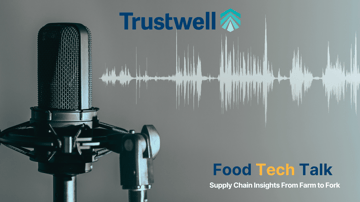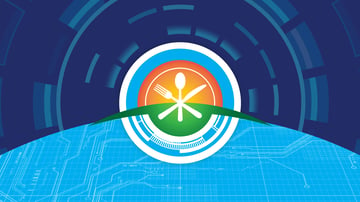
Trustwell News
4 min read
| May 16, 2024
Unlock New Levels of Supplier Collaboration and Compliance with Trustwell's Spring 2024 FoodLogiQ Release
Read More
Food Industry
6 min read
| May 9, 2024
Better Traceability for a More Sustainable Future: A Conversation with Ryan Richard of GS1 US
Read More
Food Industry
8 min read
| May 2, 2024
Navigating the Build vs. Buy Dilemma: Opting for Trustwell’s FoodLogiQ for FSMA 204 Compliance
Read More
Food Industry
24 min read
| April 30, 2024
Trustwell Reflects on the FDA’s Virtual Public Meeting: Data and Technology in the New Era of Smarter Food Safety
Read More
Food Labeling
6 min read
| April 25, 2024
A New Generation of Consumers: How the Food Industry is Changing with Nirdesh Dalal
Read More
Food Safety
6 min read
| April 11, 2024
How to Brew Beer and Stay In Business: Insights from Ivan Dedek
Read More
Trustwell News
8 min read
| April 5, 2024
Rising to the Challenge: Emma Killough's Journey and Vision at Trustwell
Read More
Trustwell News
5 min read
| March 28, 2024
How to Get Ahead of Food Safety Issues with Michelle Brydalski at Charcuterie Artisans
Read More
Food Industry
12 min read
| March 21, 2024
The Road to FSMA 204 Readiness
Read More
Trustwell News
4 min read
| March 11, 2024
Winter 2024 Genesis Foods Release: Appeal to Consumers with Nutrient Content Claims
Read More
Food Industry
18 min read
| March 7, 2024
FAQ with the FDA: 9 Lessons Learned from Trustwell's FSMA 204 Webinar
Read More
Traceability
6 min read
| February 22, 2024

